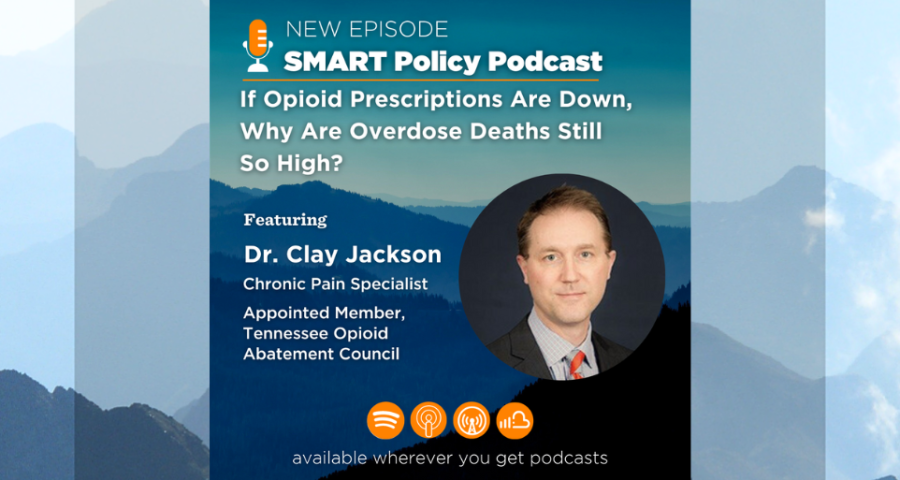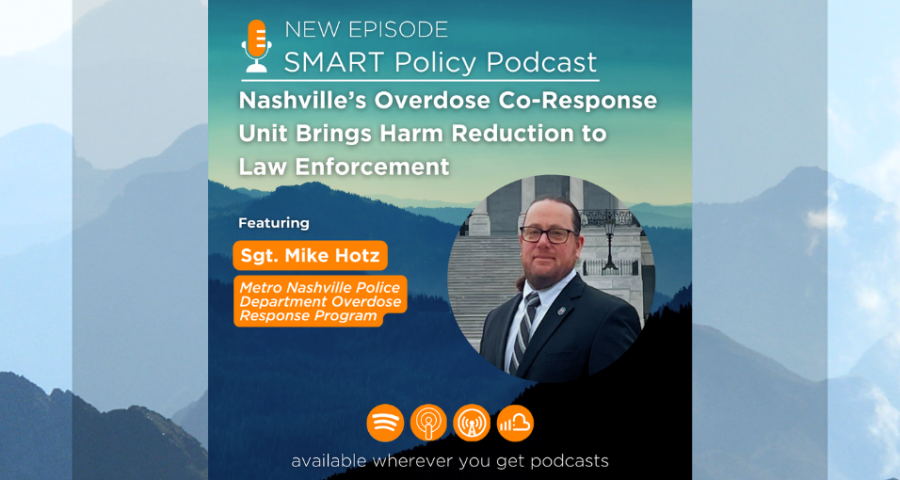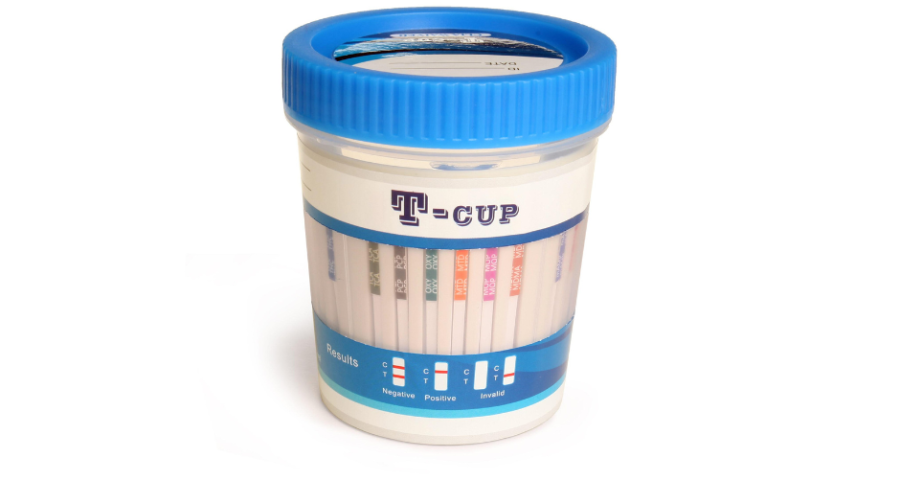Click here to listen on Spotify There’s no question that over-prescribing of opioids kick-started the opioid crisis – the data is so overwhelming that nearly two dozen major companies have settled lawsuits to the tune of tens of billions of dollars because of that evidence. We’ve since dramatically cut the
(Podcast) If Opioid Prescriptions Are Down, Why Are Overdose Deaths Still So High?










